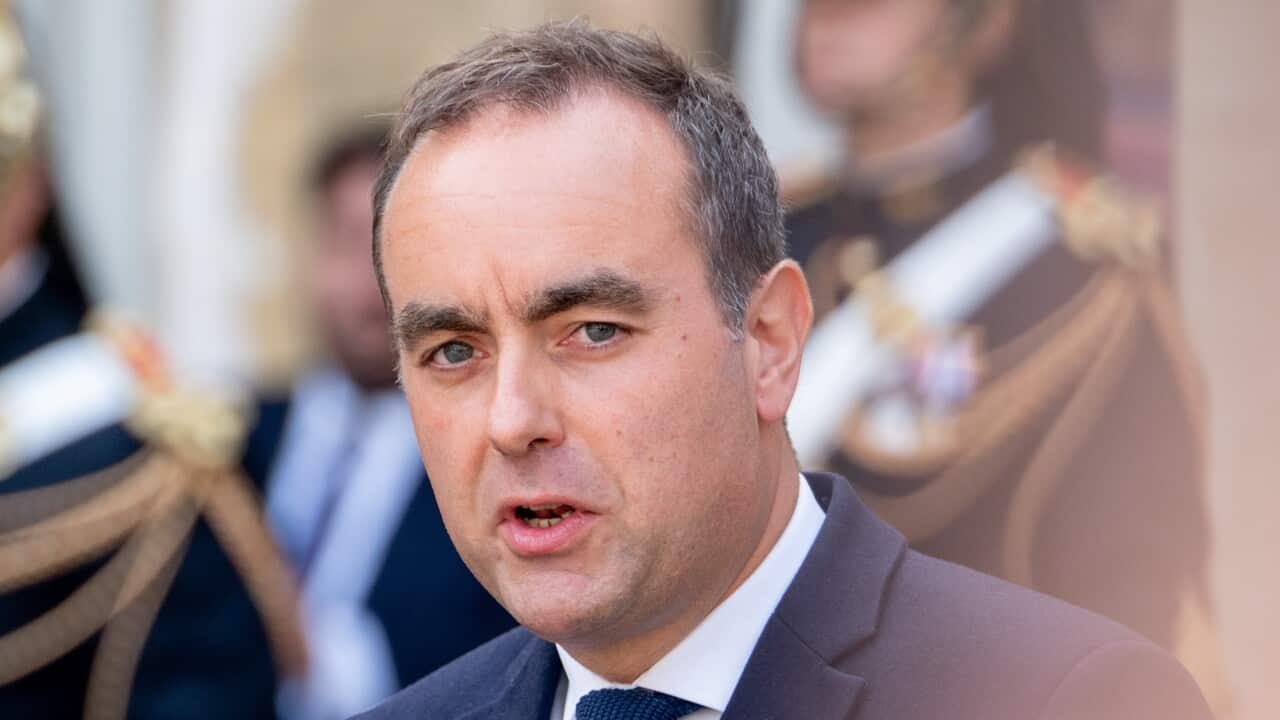France's Prime Minister Sébastien Lecornu has resigned just hours after forming his cabinet, plunging the European nation further into political deadlock.
France's President Emmanuel Macron named Lecornu, a former defence minister, to the post last month.
But the largely unchanged cabinet Macron unveiled to work with Lecornu late on Sunday (local time) sparked fierce criticism across the political spectrum.
On Monday, Lecornu said the conditions were not satisfied to allow him to stay in office.
"The conditions were not fulfilled for me to carry out my function as prime minister," Lecornu said, denouncing the "partisan appetites" of factions who he said had forced his resignation.
Marine Le Pen, the leader in parliament of the far-right National Rally party, urged snap parliamentary elections after Lecornu's resignation was announced.
"A dissolution (of parliament) is absolutely necessary", Le Pen said. She added it would be "wise" for Macron to resign, a move the president has previously ruled out.
Lecornu's 27-day stint in office was the shortest ever for a prime minister in modern France.
He had faced the daunting task of finding approval in a deeply divided parliament for an austerity budget for next year.
Lecornu's two immediate predecessors, François Bayrou and Michel Barnier, were ousted by the legislative chamber in a standoff over the spending plan.
France's public debt has reached a record high, official data showed last week.
France's debt-to-GDP ratio is now the European Union's third-highest after Greece and Italy, and is close to twice the 60 per cent permitted under EU rules.
Previous governments had rammed the last three annual budgets through parliament without a vote, a method allowed by the constitution but deeply criticised by the opposition.
Lecornu had promised last week to ensure legislators were able to vote on the bill.
Lecornu's resignation compounds a political crisis that has rocked France for over a year, after centrist Macron called legislative elections in 2024, which ended in a hung parliament.
France has been mired in deadlock since Macron gambled on the snap parliamentary elections in the middle of last year in the hopes of bolstering his authority.
The move backfired, leaving the Macron-friendly bloc in the assembly in a minority.
For the latest from SBS News, download our app and subscribe to our newsletter.

